Topics
As the coronavirus pandemic took hold, a new right-wing government took power in Slovenia. The government was formed by the Slovenian Democratic Party (SDS), led by Janez Janša, a politician known for corruption controversies, unexplained sources of wealth, and attacks on journalists.
Janša is a big supporter of Hungarian Prime Minister Viktor Orbán and a fan of ex-US President Donald Trump, going so far as to promote conspiracy theories about the most recent US elections.
Today, Slovenia is being led down a dangerous path by Janša. His government will lead the Council of the EU’s rotating presidency for the next six-months and his far right agenda is a real threat to the EU.
Here’s why Janša is the last thing we need right now.

Janša’s career has been overshadowed by his attempts to undermine press freedom, as reported by the International Press Institute. He even dared to call two female journalists “washed-up prostitutes”, and for that he is now facing an ongoing criminal case.
The Prime Minister habitually attacks journalists with hateful rhetoric, describing legitimate criticism as ‘fake news’. Recently, for instance, Janša called journalist Lili Bayer from Politico a “spreader of fake news” after she wrote about the Slovenian government’s relations with the media.
Does that remind you of any other thin-skinned EU leader? Yes, it seems Janša is trying to mimic Orban when it comes to media freedom violations. His SDS party has connections to Nova24, a right-wing news media conglomerate funded via dodgy links to Hungarian companies associated with Orban. Nova24 spews a constant stream of disinformation about migrants Muslims, and the queer community, spinning and twisting stories to fit a far right agenda.
Janša is also a fervent tweeter, using the Trumpian tactic of creating a smokescreen behind which real abuses of power are hidden. During the next six months, media freedom in Europe must remain a priority. But concerns are rising among press freedom defenders as Slovenia drops down the World Press Freedom Index published by Reporters Without Borders.
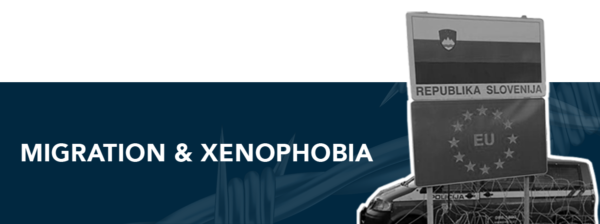
Janša’s anti immigration stance will only worsen an already dire EU situation. There is mounting evidence of asylum-seekers being systematically denied access to asylum in Slovenia with many refugees and migrants forcibly returned to Croatia.
Recently, an Italian court halted deportations to Slovenia on the grounds that there is a risk that asylum seekers will be subjected to inhumane and degrading treatment, as they are likely to be further expelled to Croatia and then to Bosnia or Serbia. Courts have also found that systemic deficiencies in the Slovenian asylum system mean breaches of the provisions of Article 4 of the EU Charter of Fundamental Rights are probable.
Slovenia’s interior minister has also publicly admitted that chain pushbacks are happening, stating that “people who are returned to Croatia end up in camps in Bosnia or Serbia”, essentially amounting to complicity in torture. This complicity raises serious concerns, especially when one of the priorities of the Slovenian Presidency will be the strengthening of the external dimension of migration. The last thing Europe needs today is an anti-immigration government defending human rights violations at the EU border.
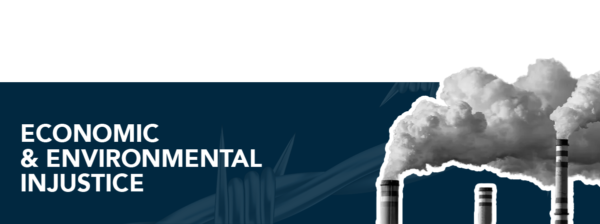
Massive liberalisation and privatisation moves in recent years have delivered fortunes for some in Slovenia, while the livelihoods of many were devastated and jobs destroyed. Young people live in precarious housing while property prices keep soaring. Pensioners are turning to humanitarian organisations for food and medical care, to fund urgently needed medical devices, and other bare necessities of a dignified life. The current government is exacerbating these problems.
In 2016, Slovenia became the second EU state to include the right to water in its constitution, declaring water to be a public good. Within a year of coming to office, Janša moved to amend the country’s Waters Act, a move that enraged campaigners and civil society, who managed to gather enough signatures to call for a nationwide referendum to take place on 11 July. The changes to the law are intended to loosen construction rules for the benefit of big businesses close to the country’s sensitive water sources.
Likewise, at a time when platform workers are demanding recognition and rights across the EU, Janša’s government approved a new law to liberalise the transportation sector, allowing corporations like Uber to operate in the country for the first time.
Considering this track record within such a short-period, it is questionable whether the Slovenian Presidency will help advance crucial legislation to protect workers’ rights, including the right to disconnect, or whether it would encourage ambition for the EU’s climate targets ahead of the crucial COP 26 talks in November.
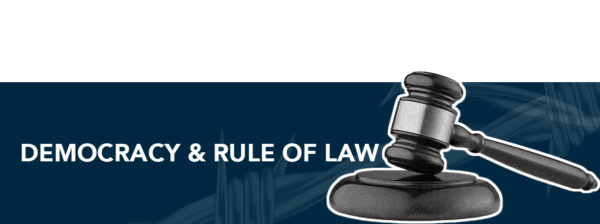
The Janša government’s commitment to the rule of law is lackluster to say the least. It follows Orban’s playbook, and uses the same yarn the Polish government has spun to justify its own “reforms”, which have destroyed the independence of the judiciary. When the head of Slovenia’s court of auditors discovered irregularities in the public procurement contracts for personal protective equipment in the early days of the pandemic, Janša’s response was to publicly and personally lash out.
Indeed, Janša has used the health crisis merely as an excuse to introduce measures that serve his own purposes, such as repressing anti-government protests and allowing police to unlawfully enter homes. The pandemic has enabled him to spread a general culture of fear and chaos, a familiar far-right strategy.
The Slovenian government is also obstructing the work of the European Public Prosecutor’s Office – a body designed to expose and indict people involved in the misuse of EU funds – and continues to refuse to recognise the appointment of Slovenia’s two candidates to the office. At a recent European Parliament hearing, Janša refused to answer MEP questions on the matter.
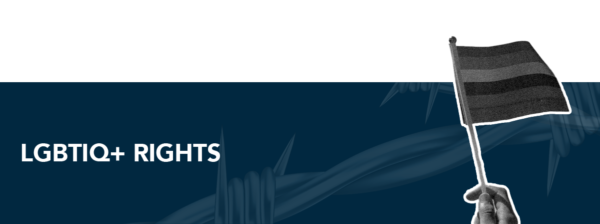
Over the past year, we have witnessed right-wing governments and ultra-conservative forces in Europe attacking LBGTIQ+ and women’s rights, while advancing discriminatory measures. What Europe needs today is a united front to defend the values of inclusion and tolerance on which the Union is built.
Unfortunately, Janša’s stand on these issues goes exactly in the opposite direction. In the past European Council, 17 EU leaders signed a joint letter vowing to “continue fighting against discrimination towards the LGBTIQ+ community”, while Janša came out in support of Orban and his anti-LGBTIQ+ law.
After all, this was not a surprising move,considering the hostility of Janša’s government towards NGOs that work on LGBTIQ+ rights, defending human rights, media freedom and the environment.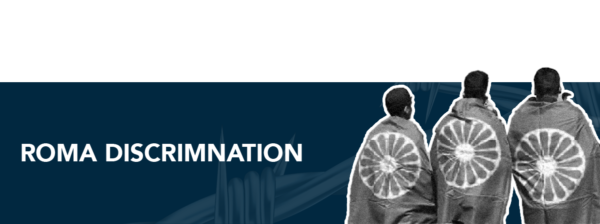
It is estimated that about 11,000 Roma people live in Slovenia, many in isolated and segregated informal settlements in rural areas.
Under Janša’s government negative changes for the Roma community in Slovenia have occurred. Following a recent public call dealing with COVID relief for the most vulnerable groups grants were awarded primarily to right-wing organisations and those that help the Roma were ignored. Entrenched problems connected to the Roma minority for the past 30 years – poor housing, low life expectancy, extreme poverty, child mortality, widespread discrimination, high levels of unemployment and social exclusion – are still present and are in some cases getting worse. Instead of making changes to the systems, which maintain the marginalised status of the Roma in Slovenia, the current government has taken a penal approach with more punishments, less flexibility and understanding, and expanded police powers.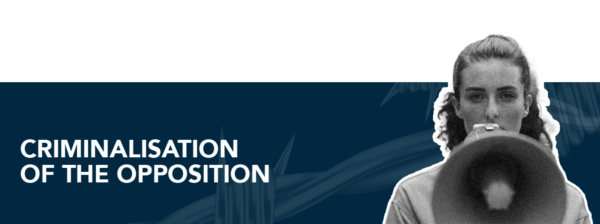
Opposition party, Levica, has been sounding the alarm on government abuse of power over the last year but Janša’s SDS is using all possible means to label the party as violent, dangerous and unconstitutional even going so far as to seek its prohibition.
In an article, SDS claimed the Slovenian Left was planning mass street violence falsely claiming an extremist plot to take power and pointing to fake manifesto attributed to Levica in an attempt to spread lies, fear and hate.
**
For further information on pushbacks in Slovenia see: https://left.eu/issues/publications/black-book-of-pushbacks-volumes-i-ii/ with more detail available via https://www.borderviolence.eu/